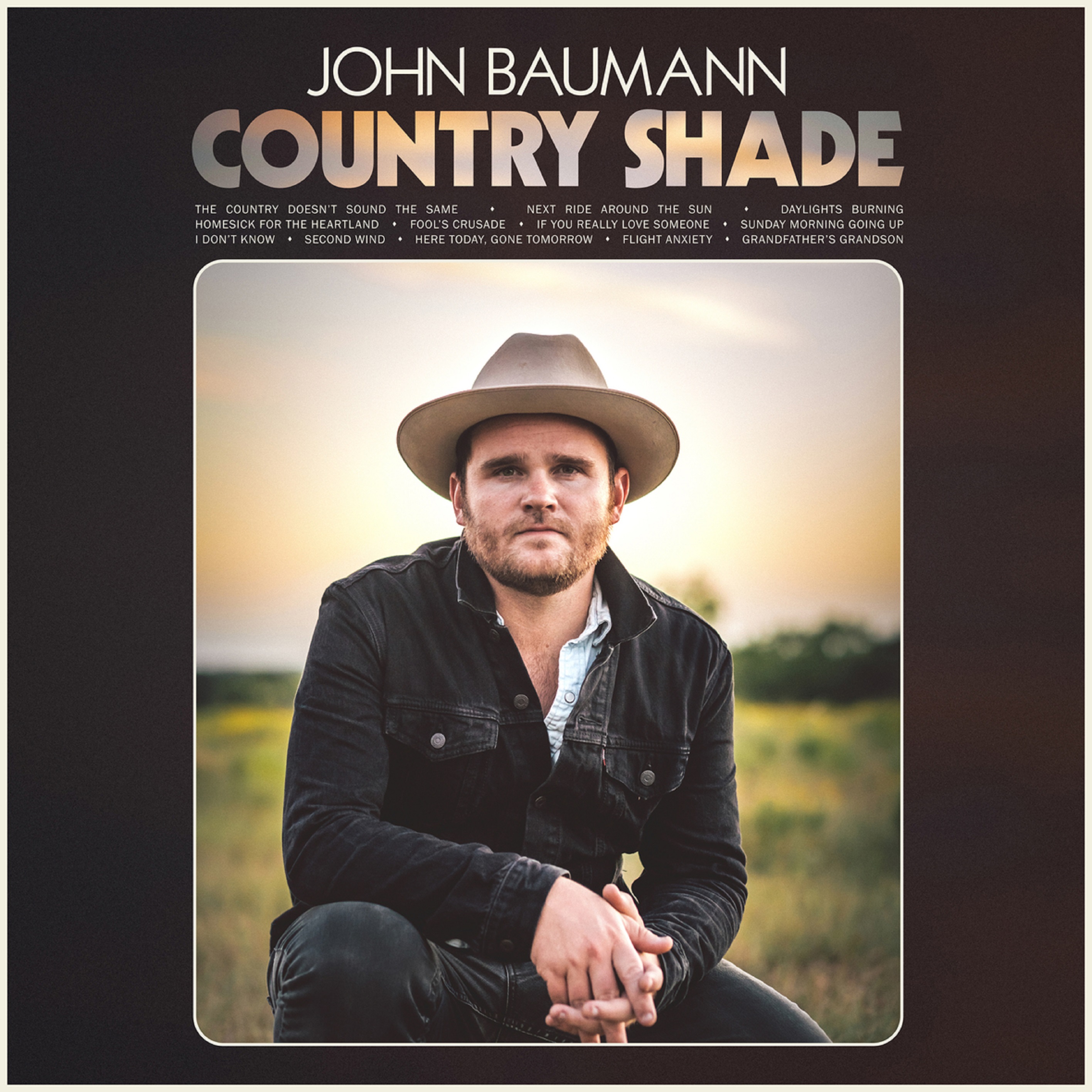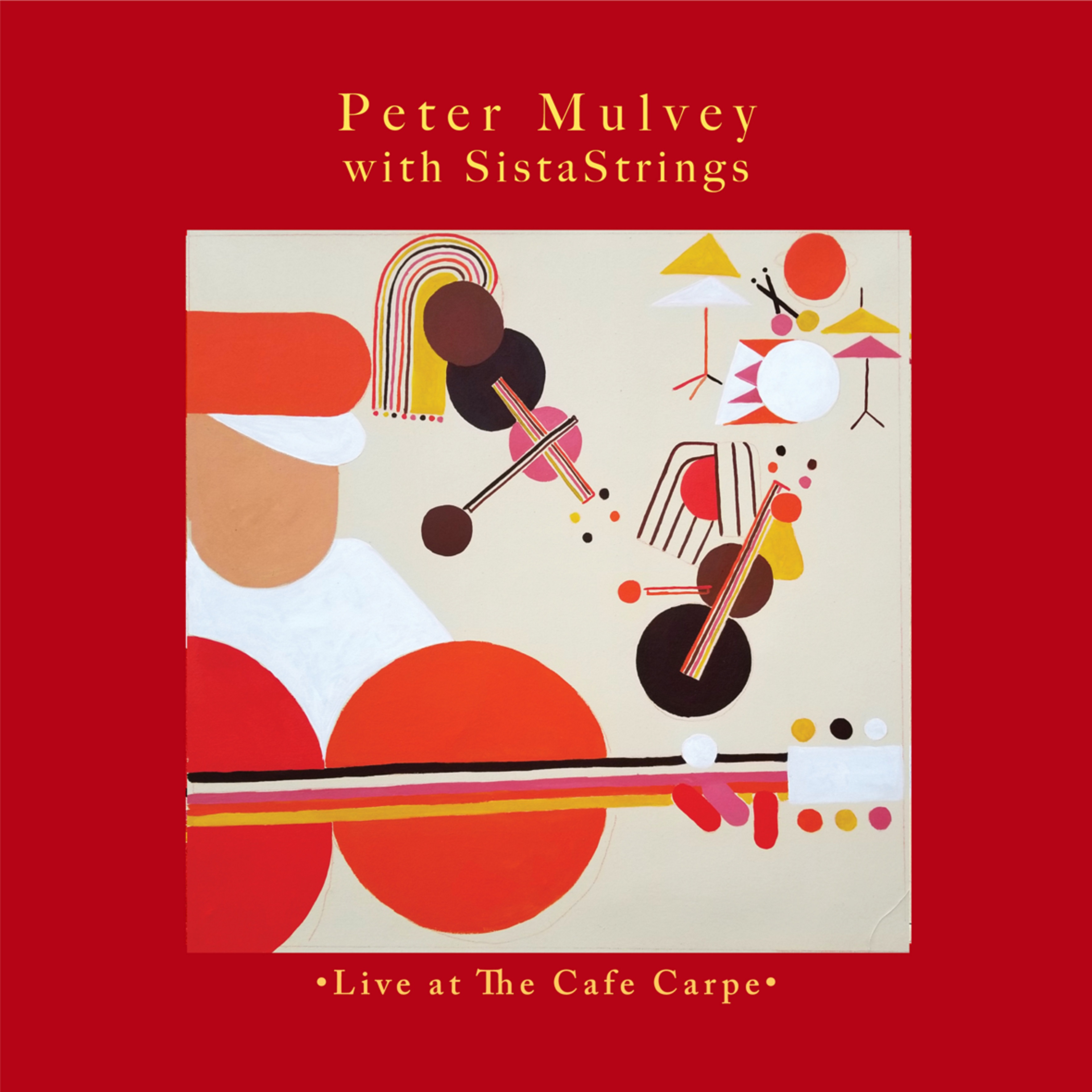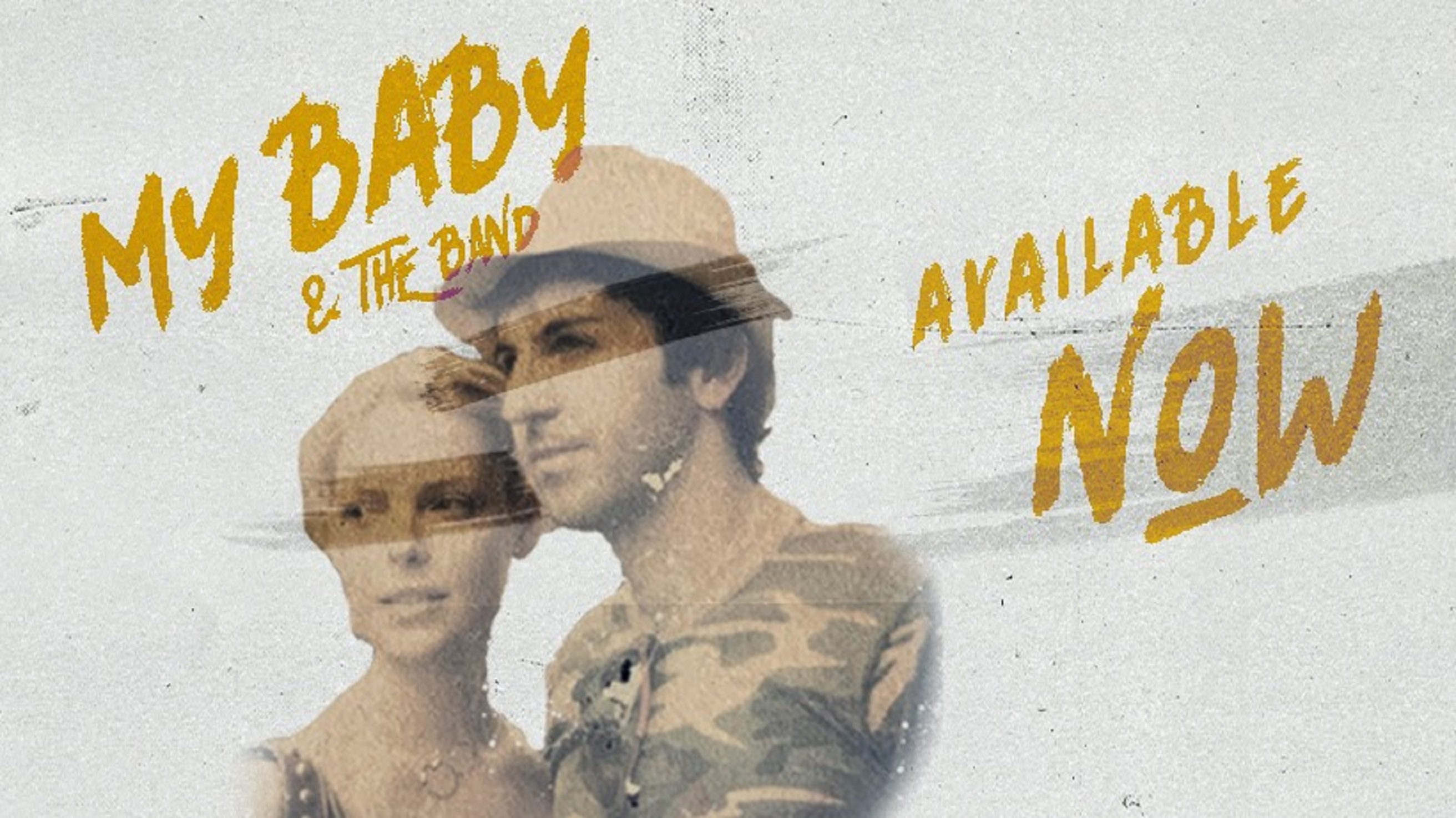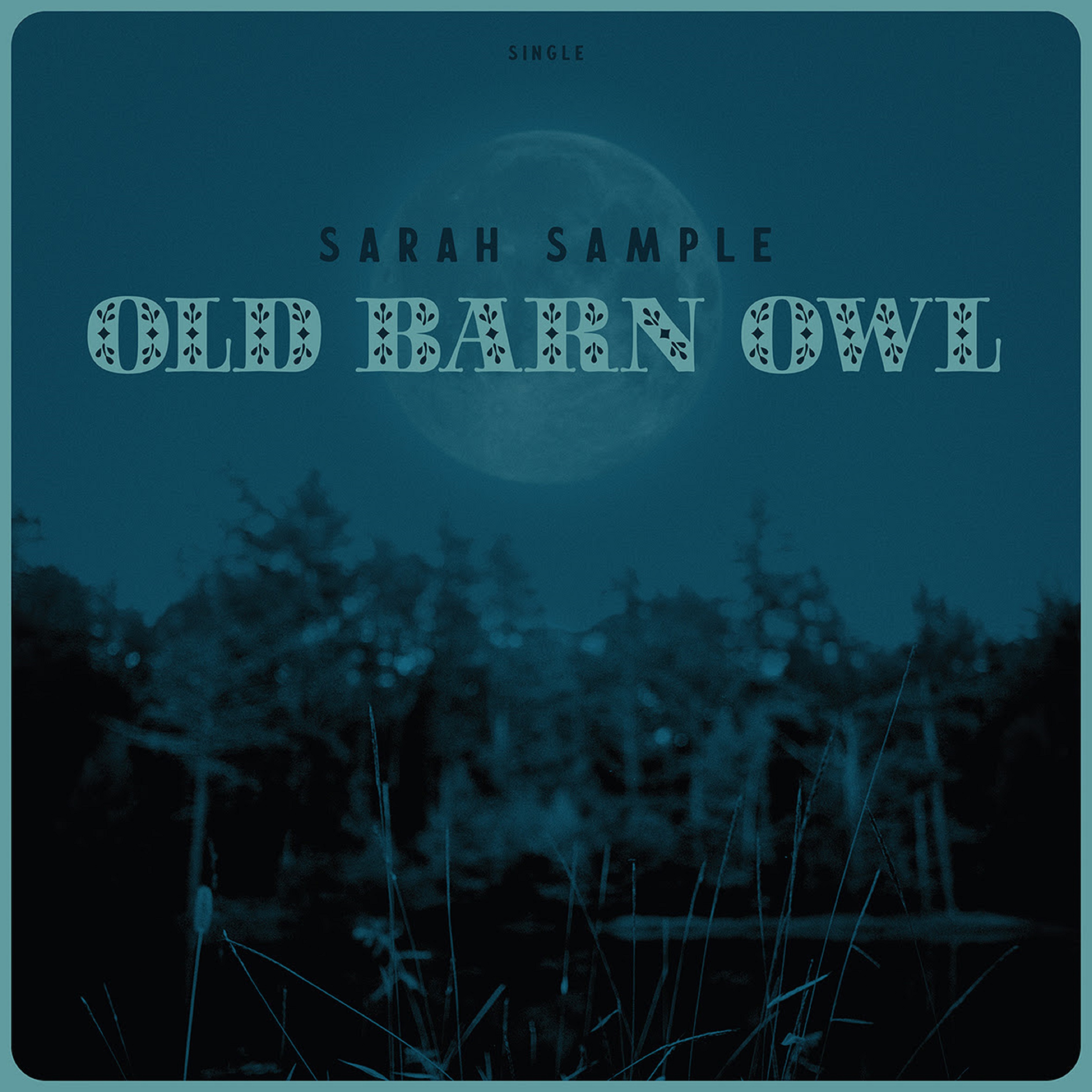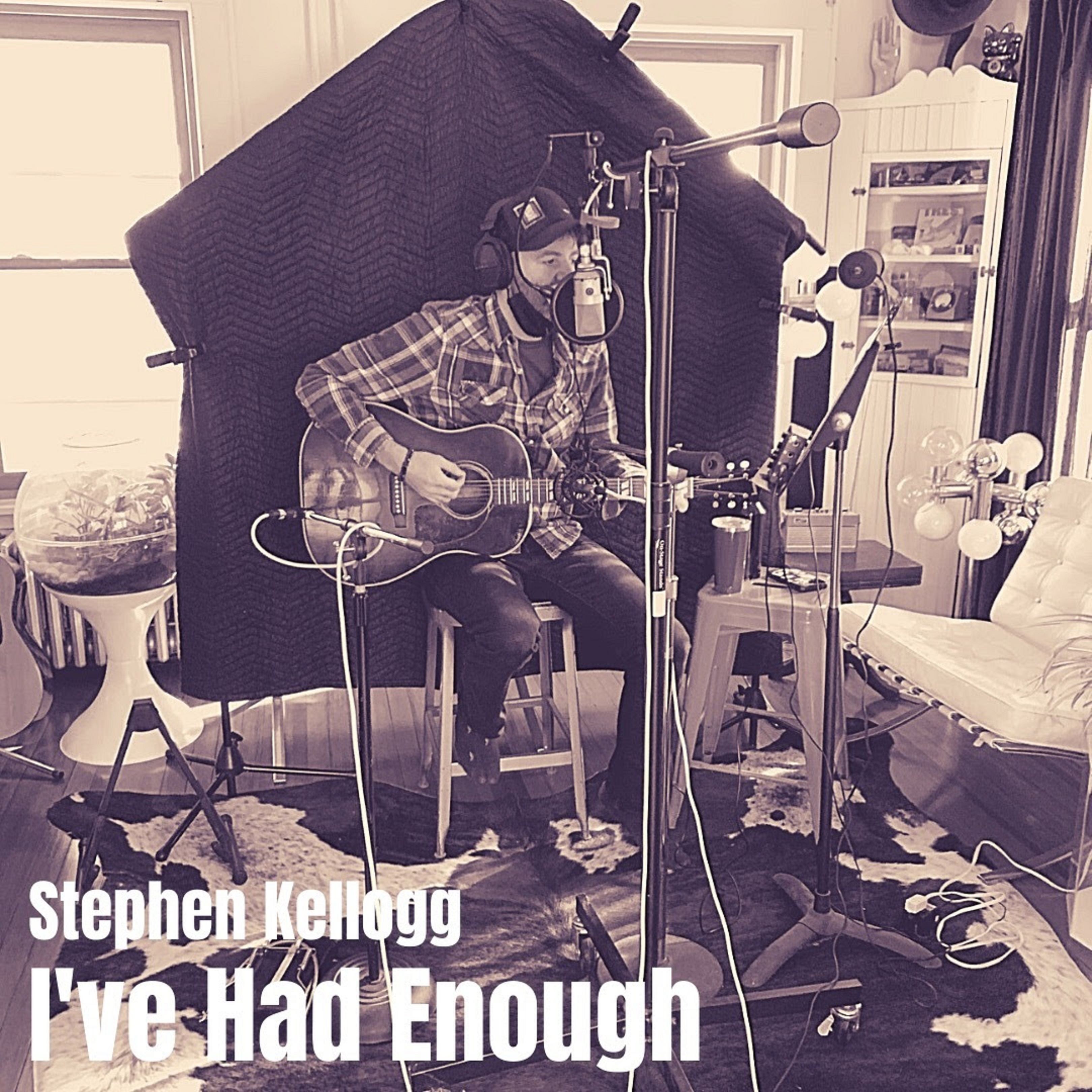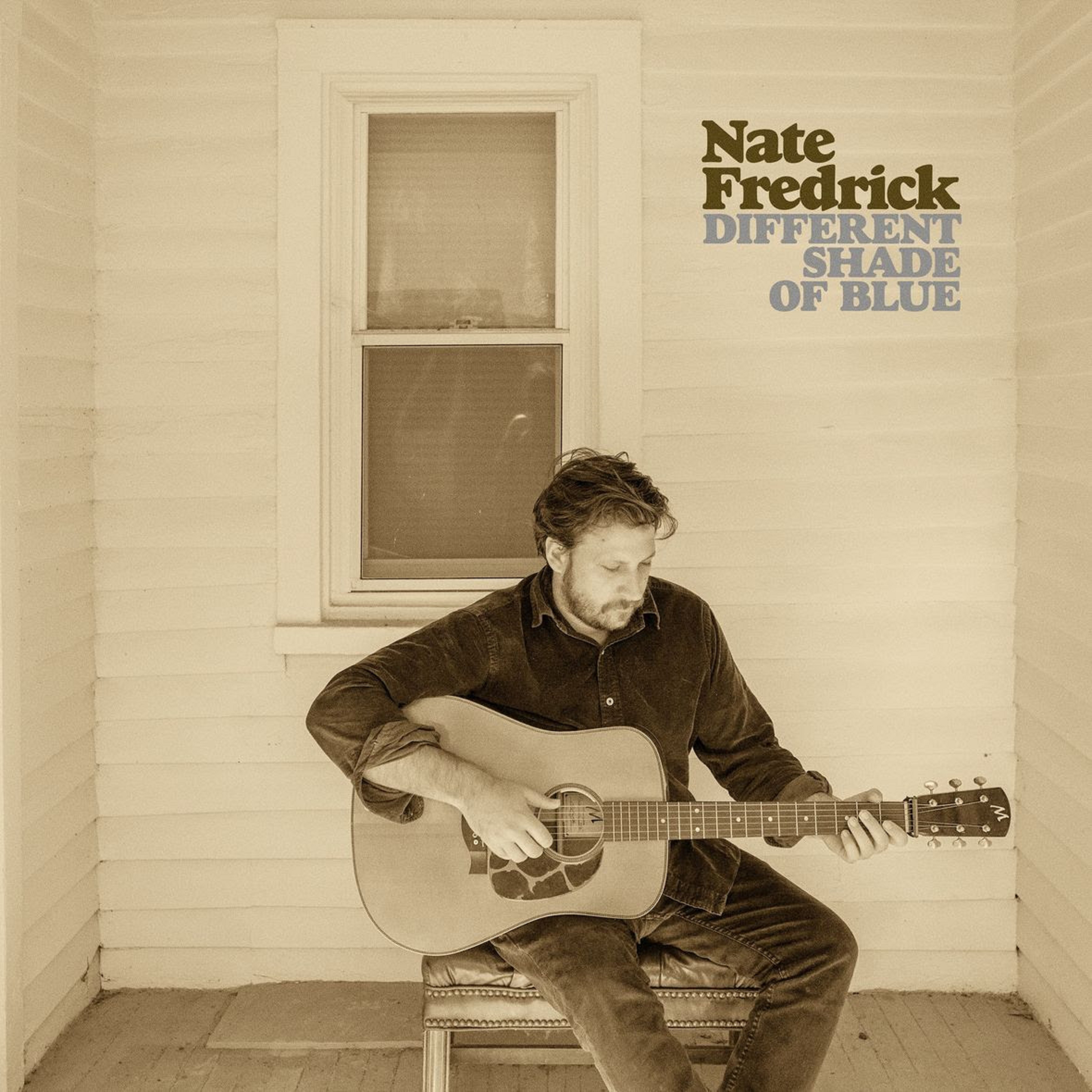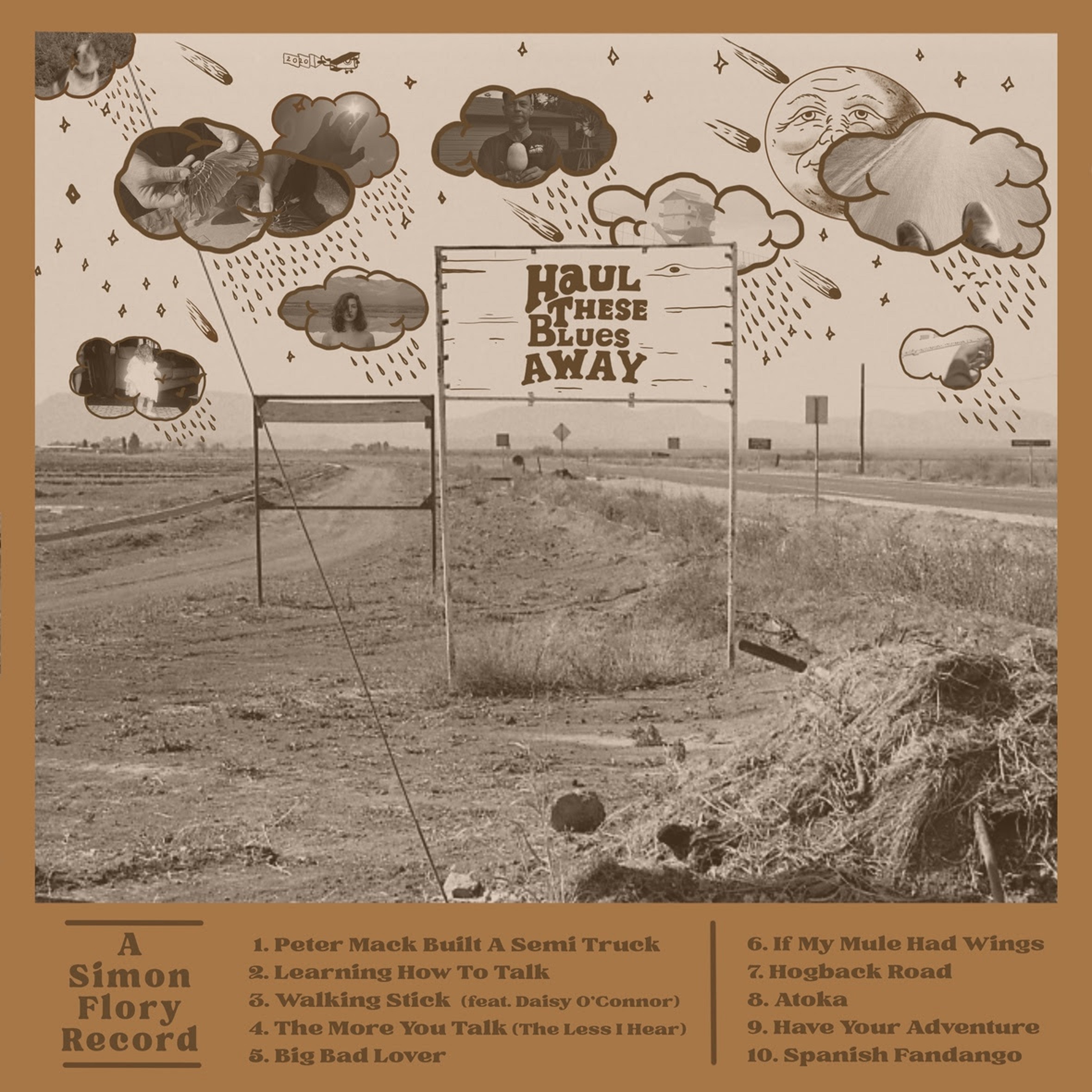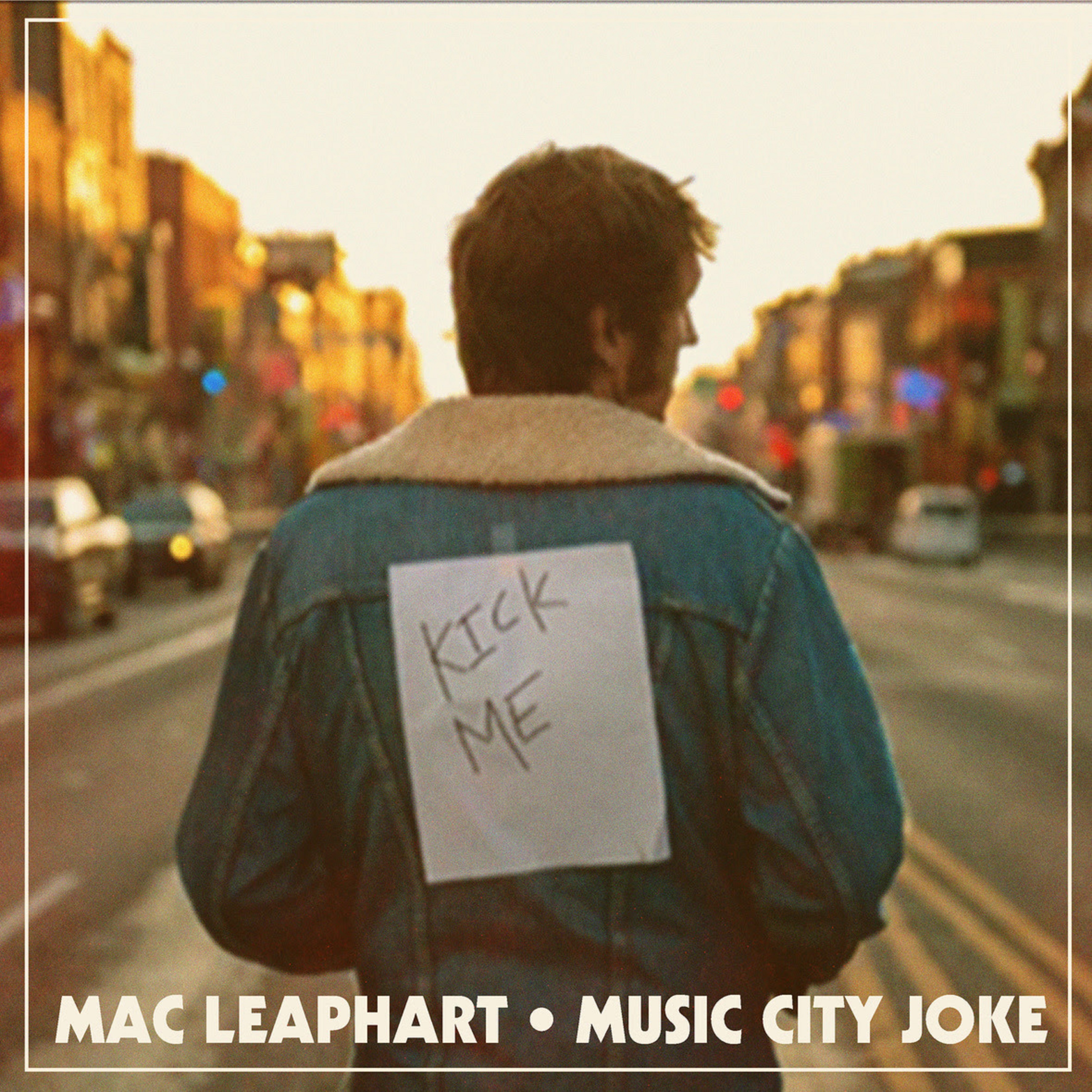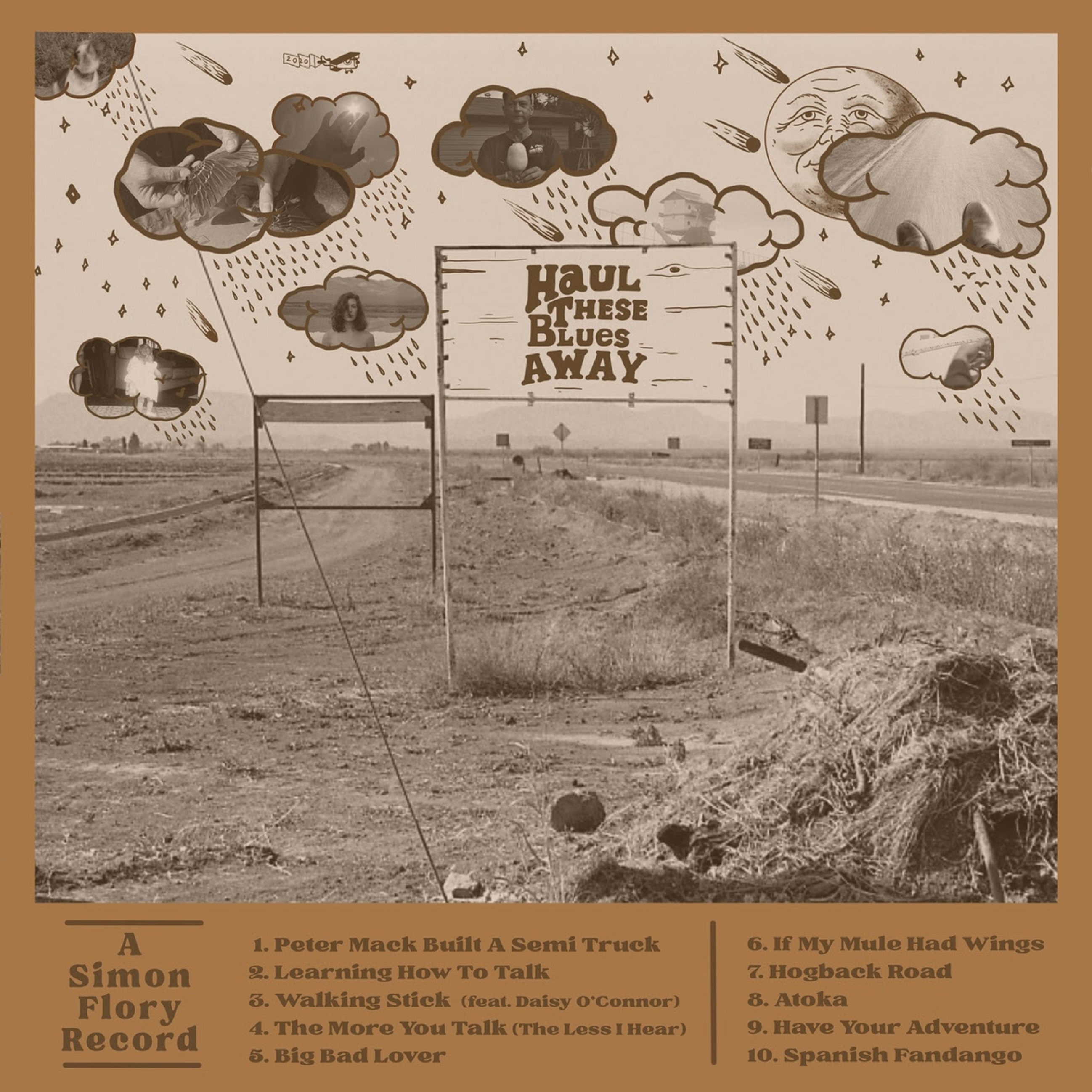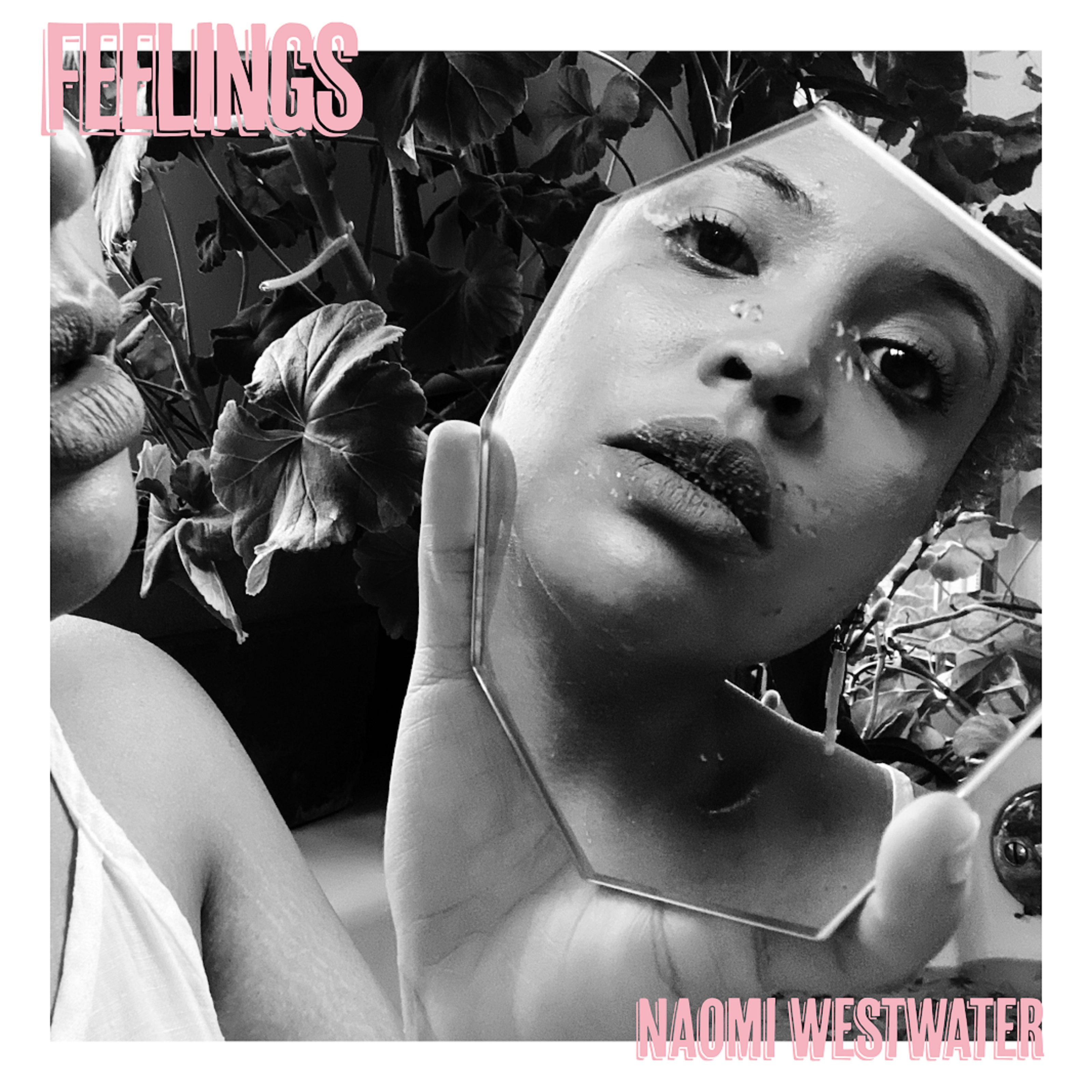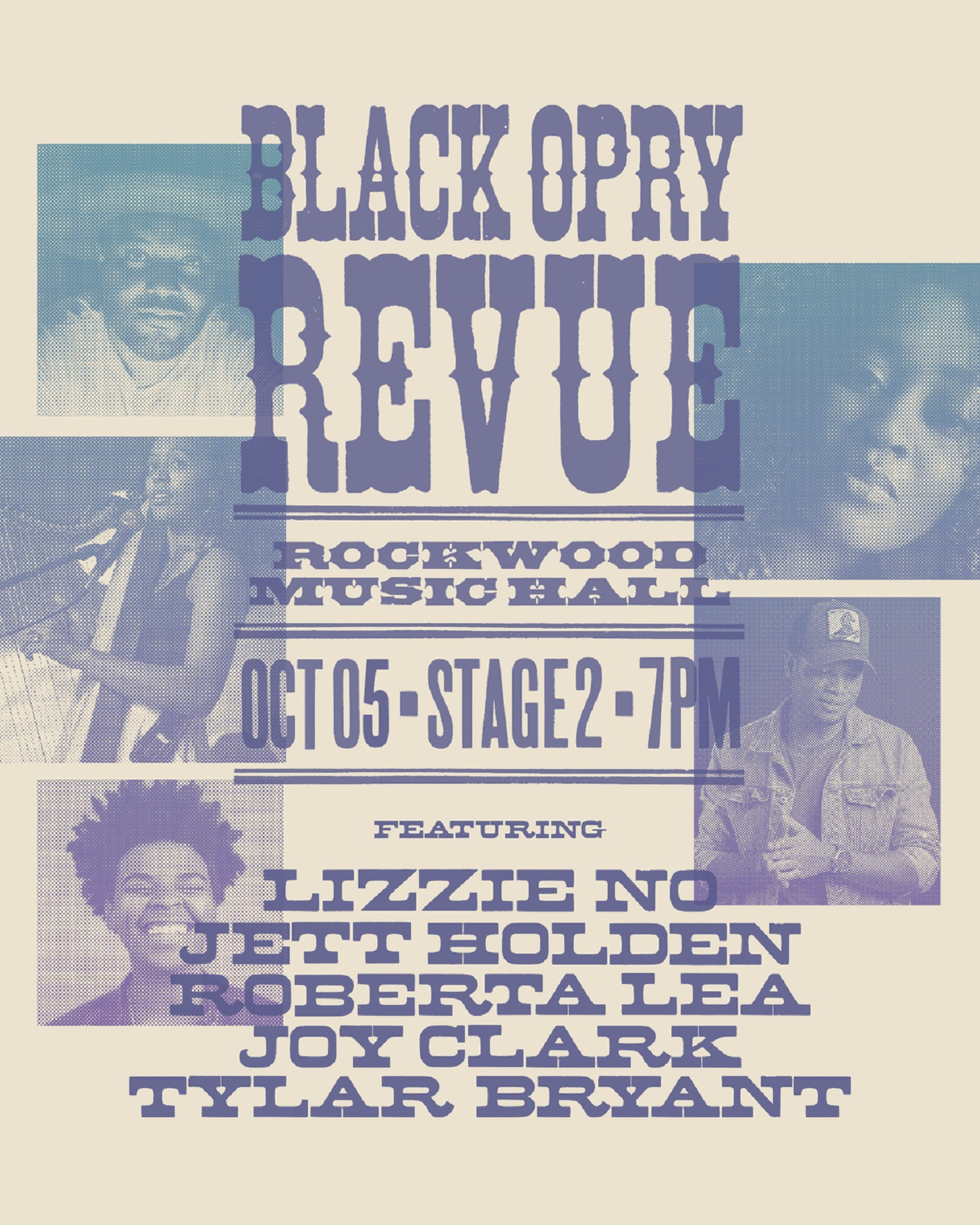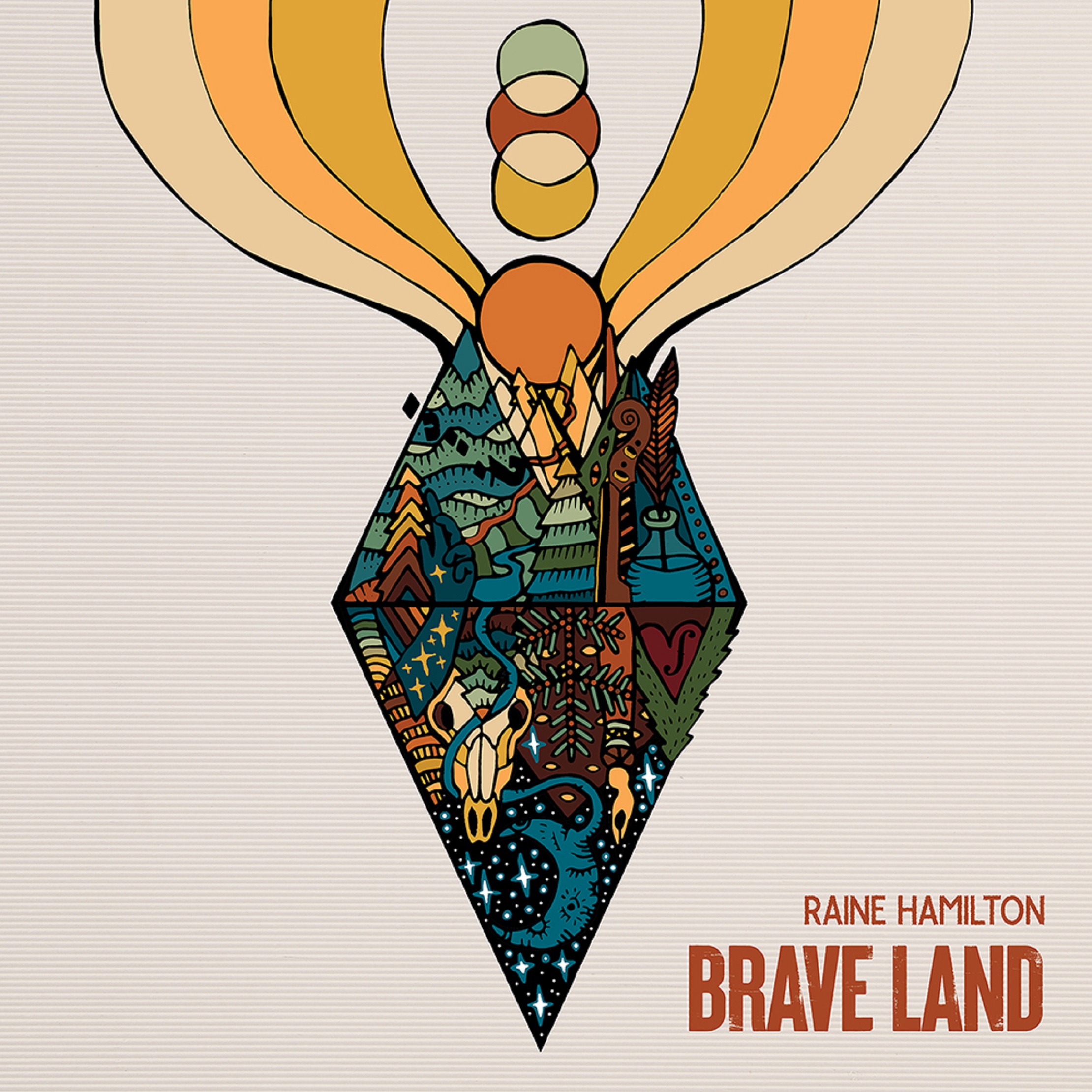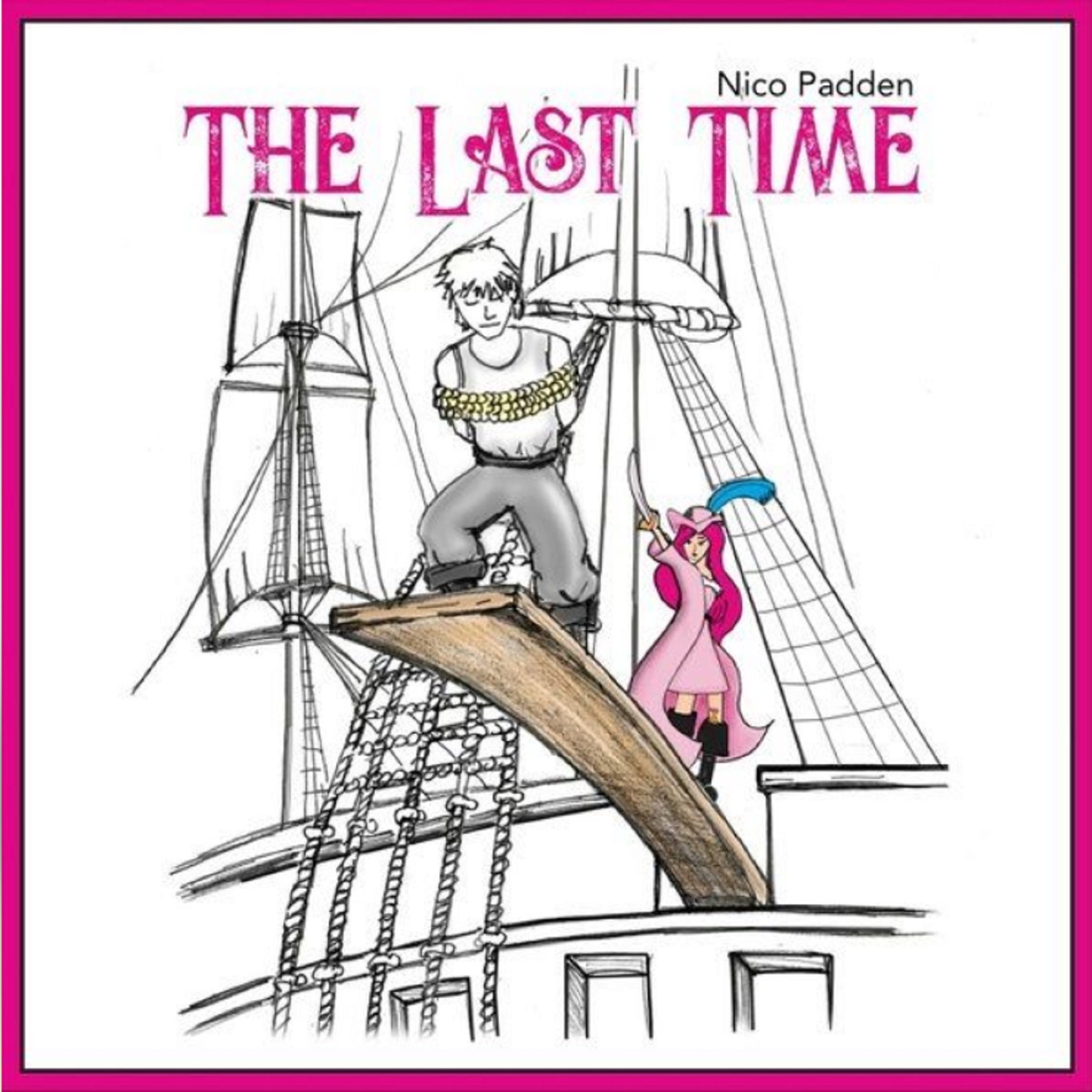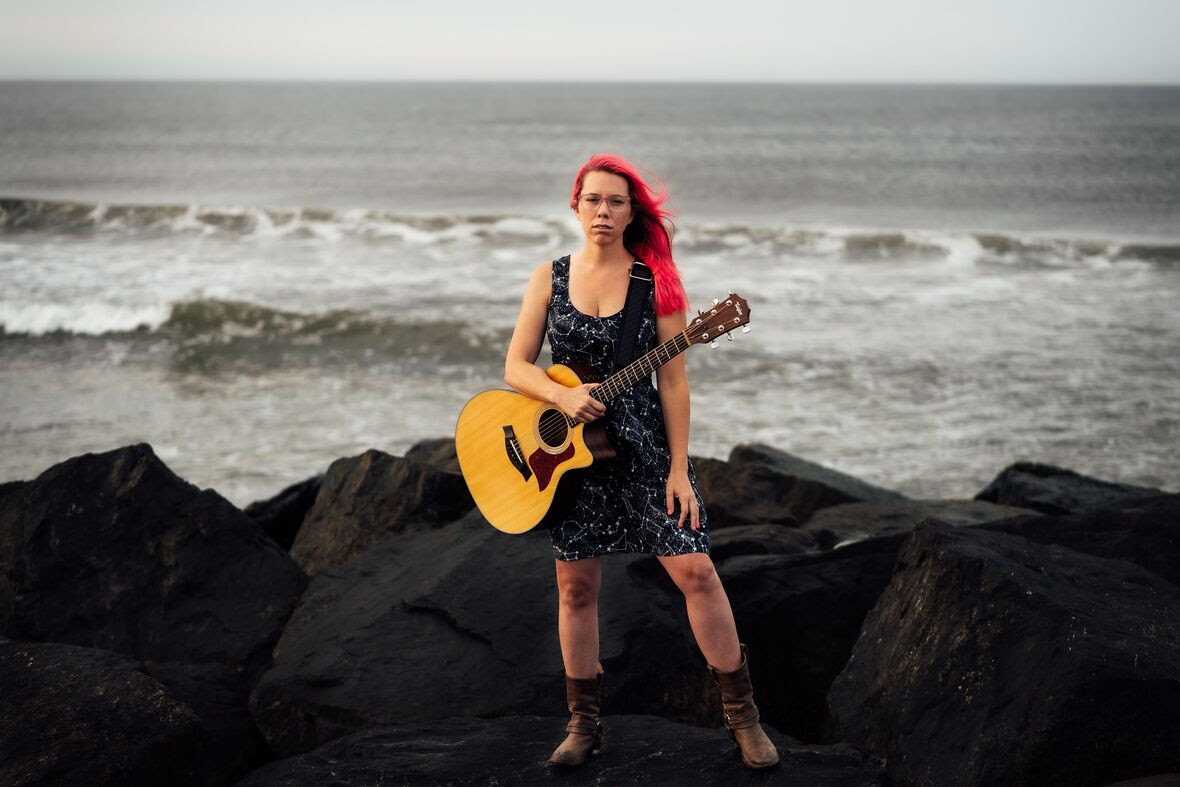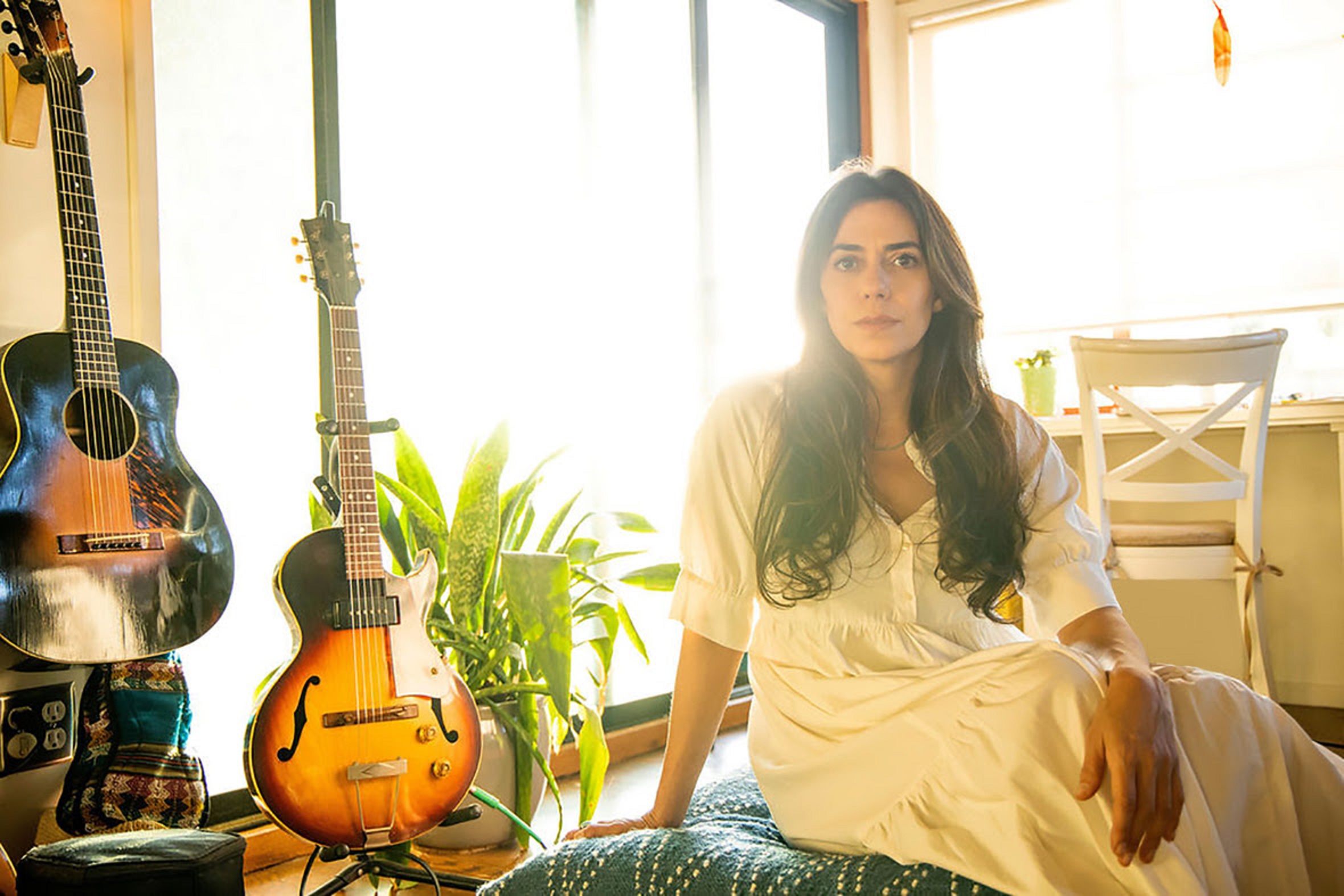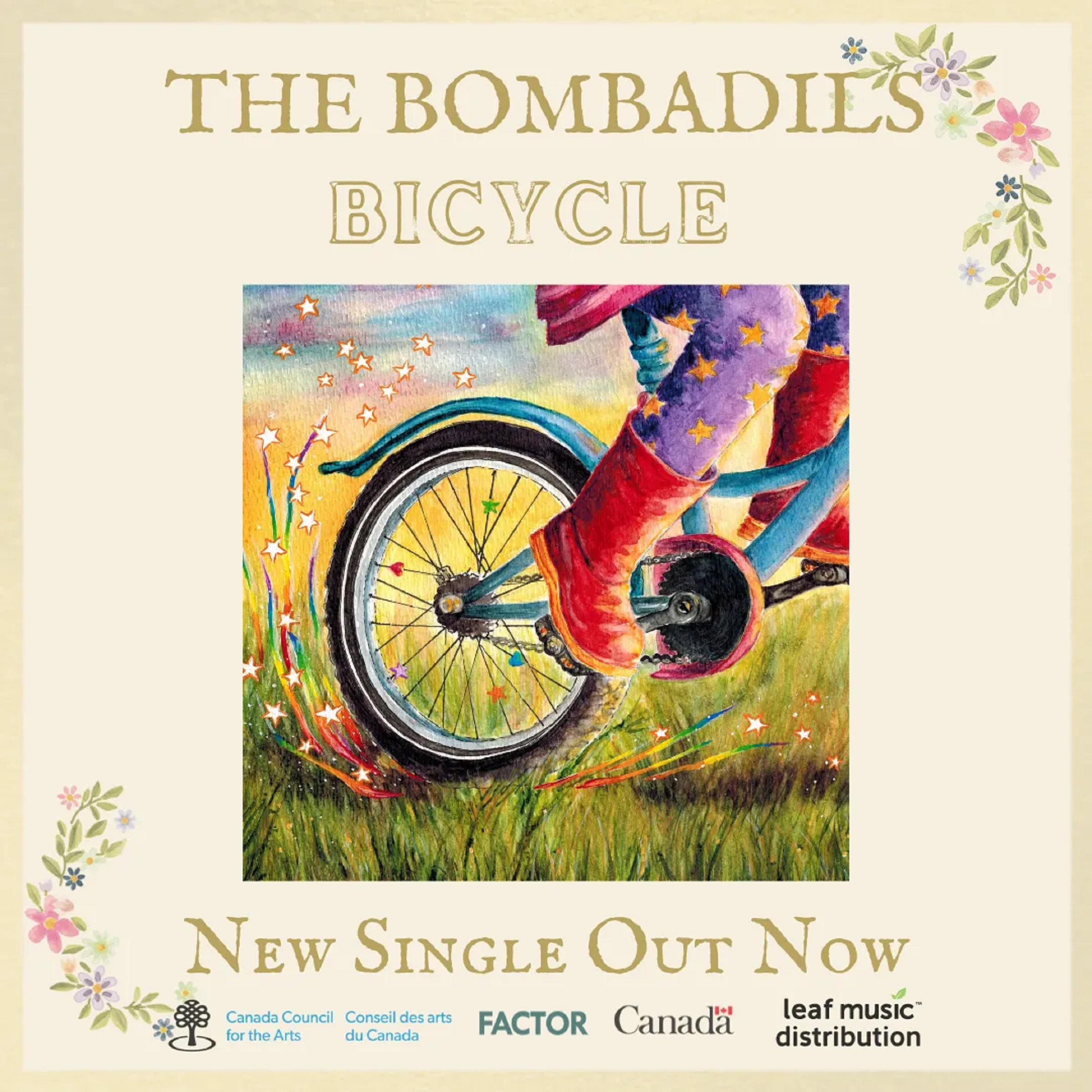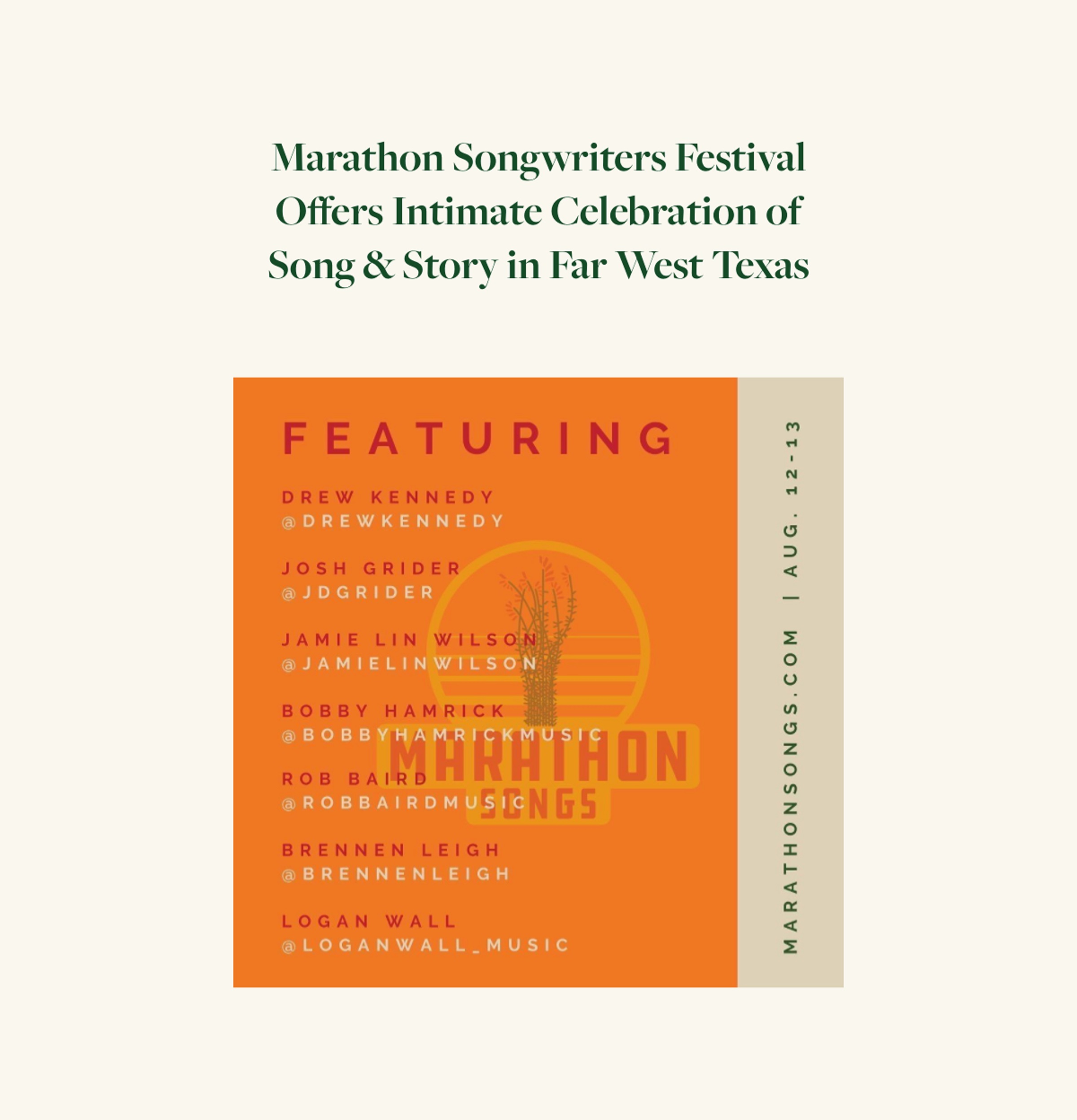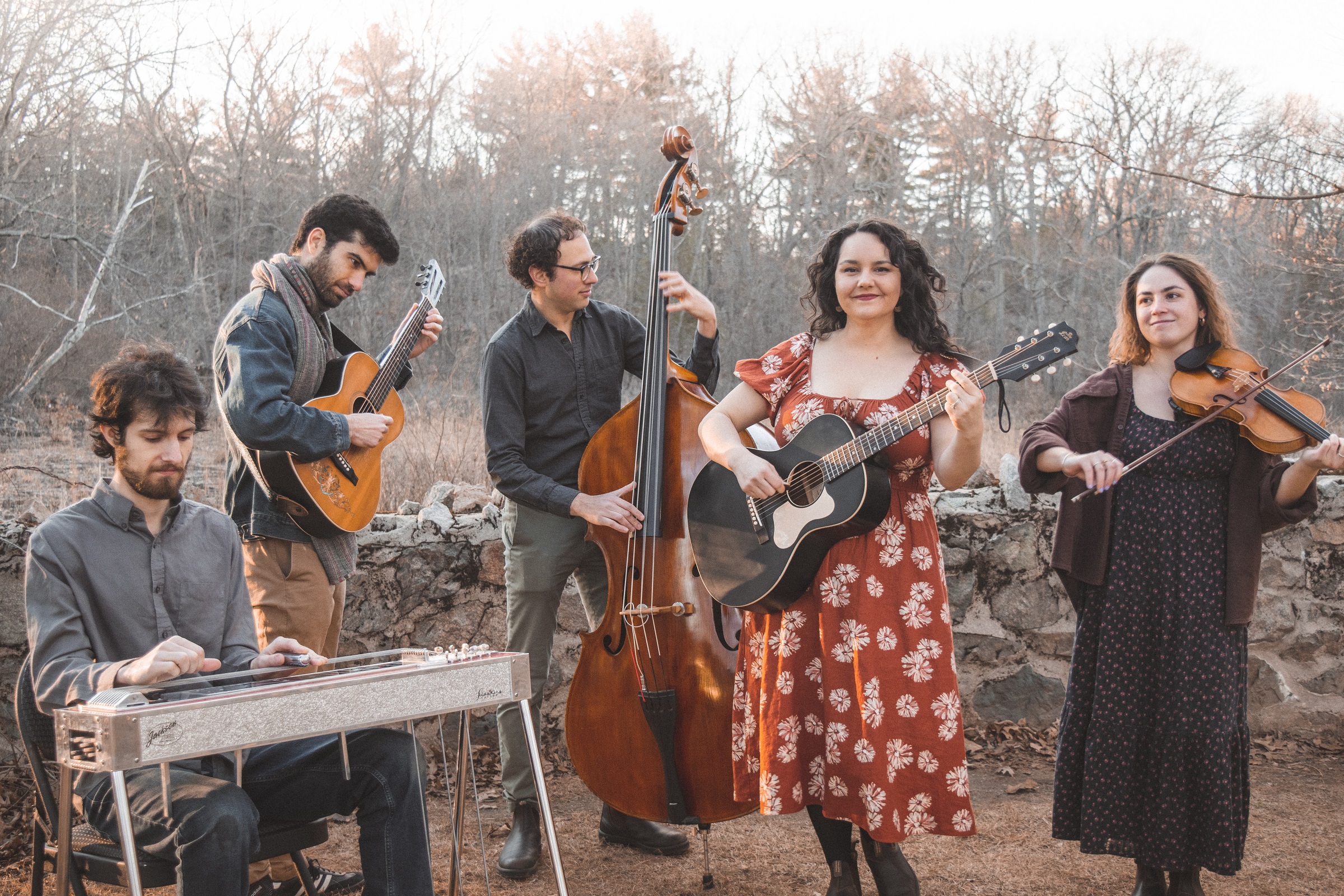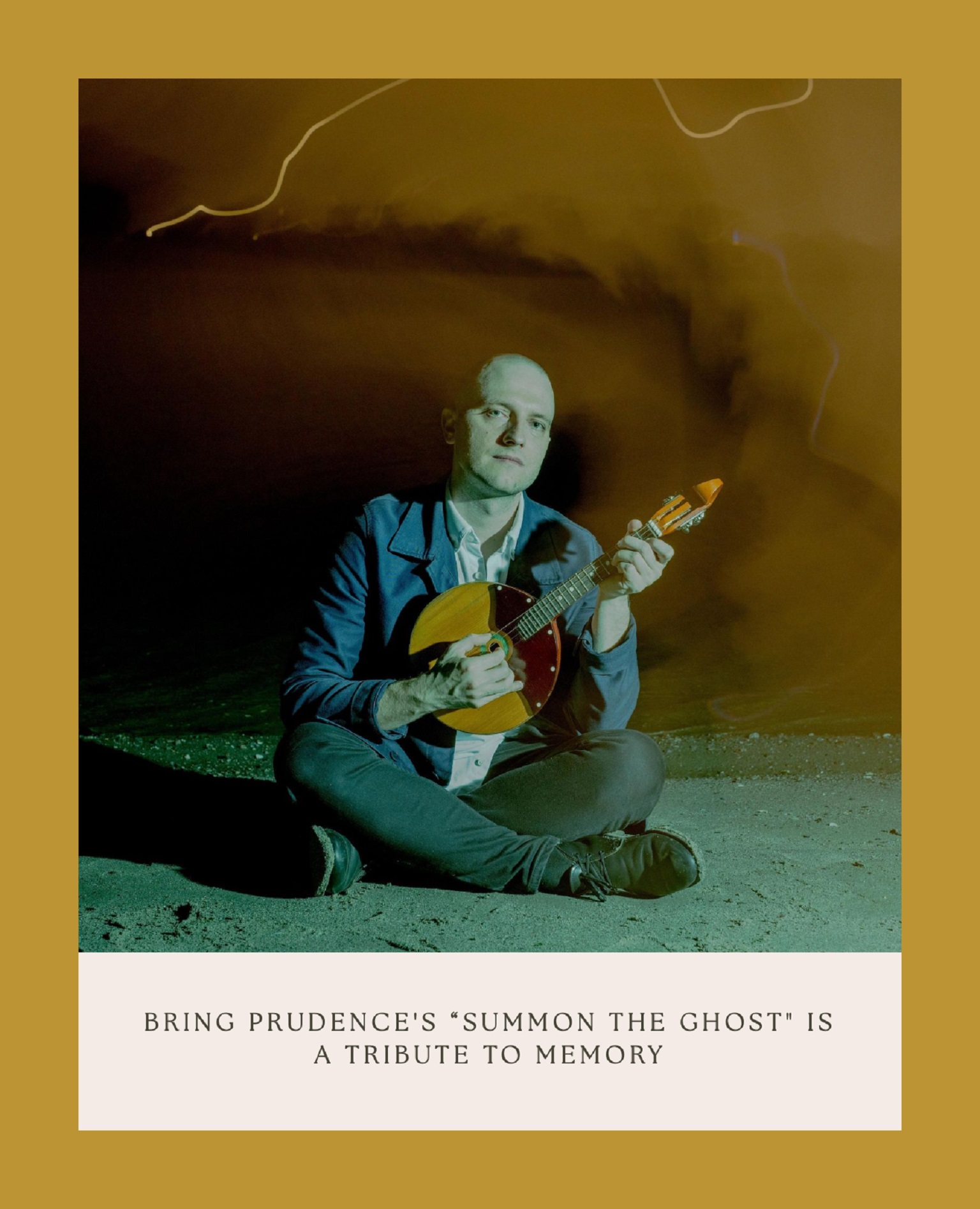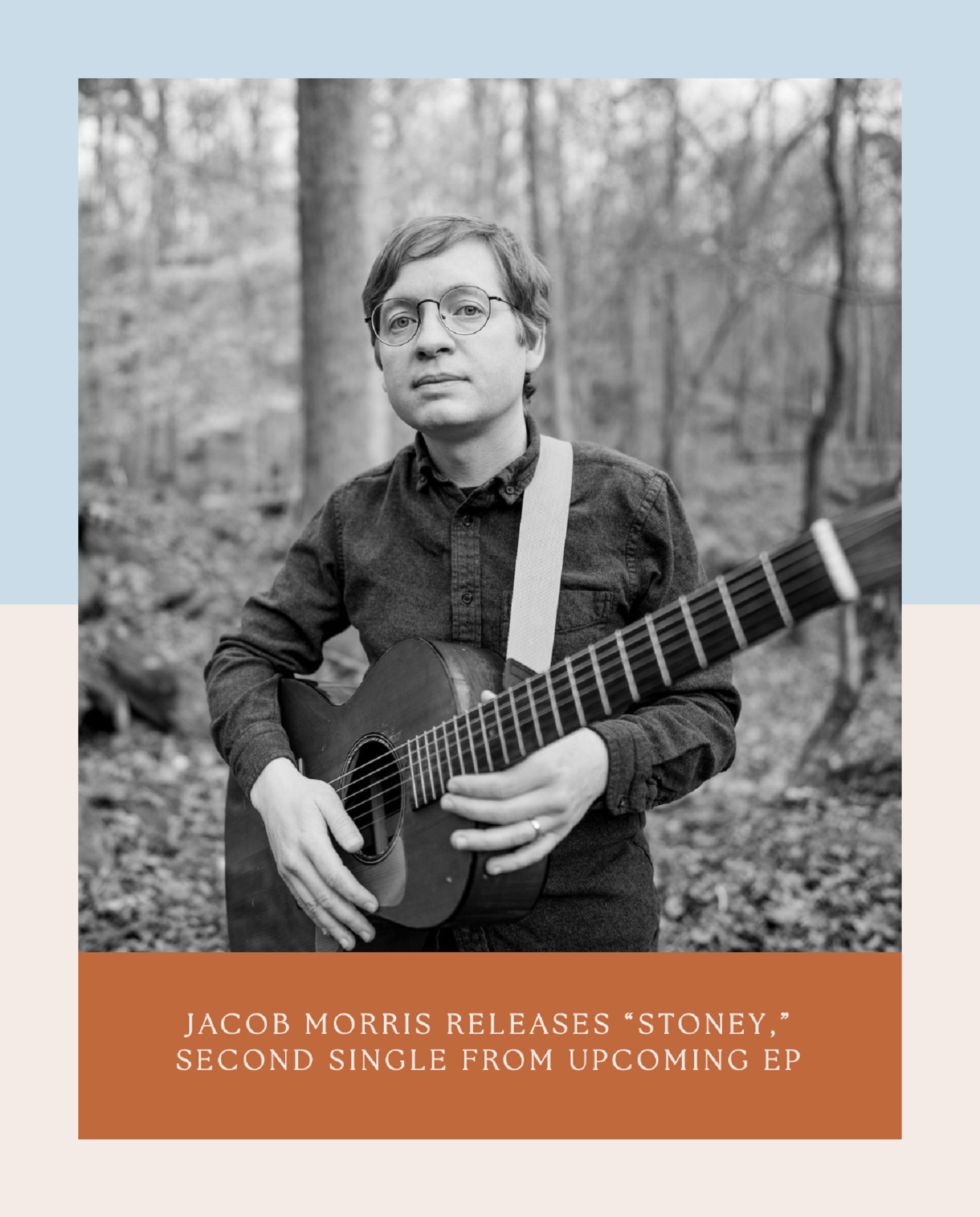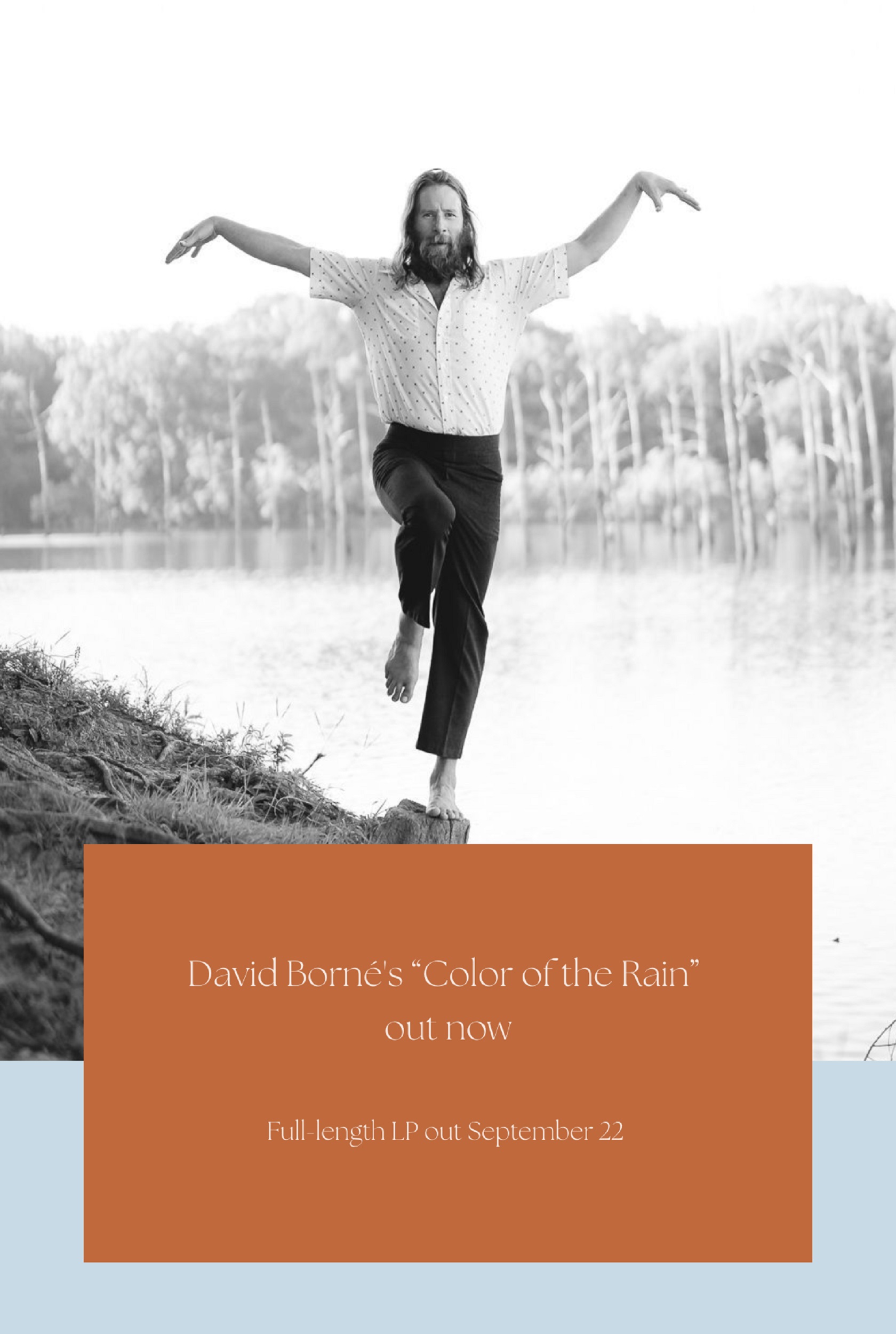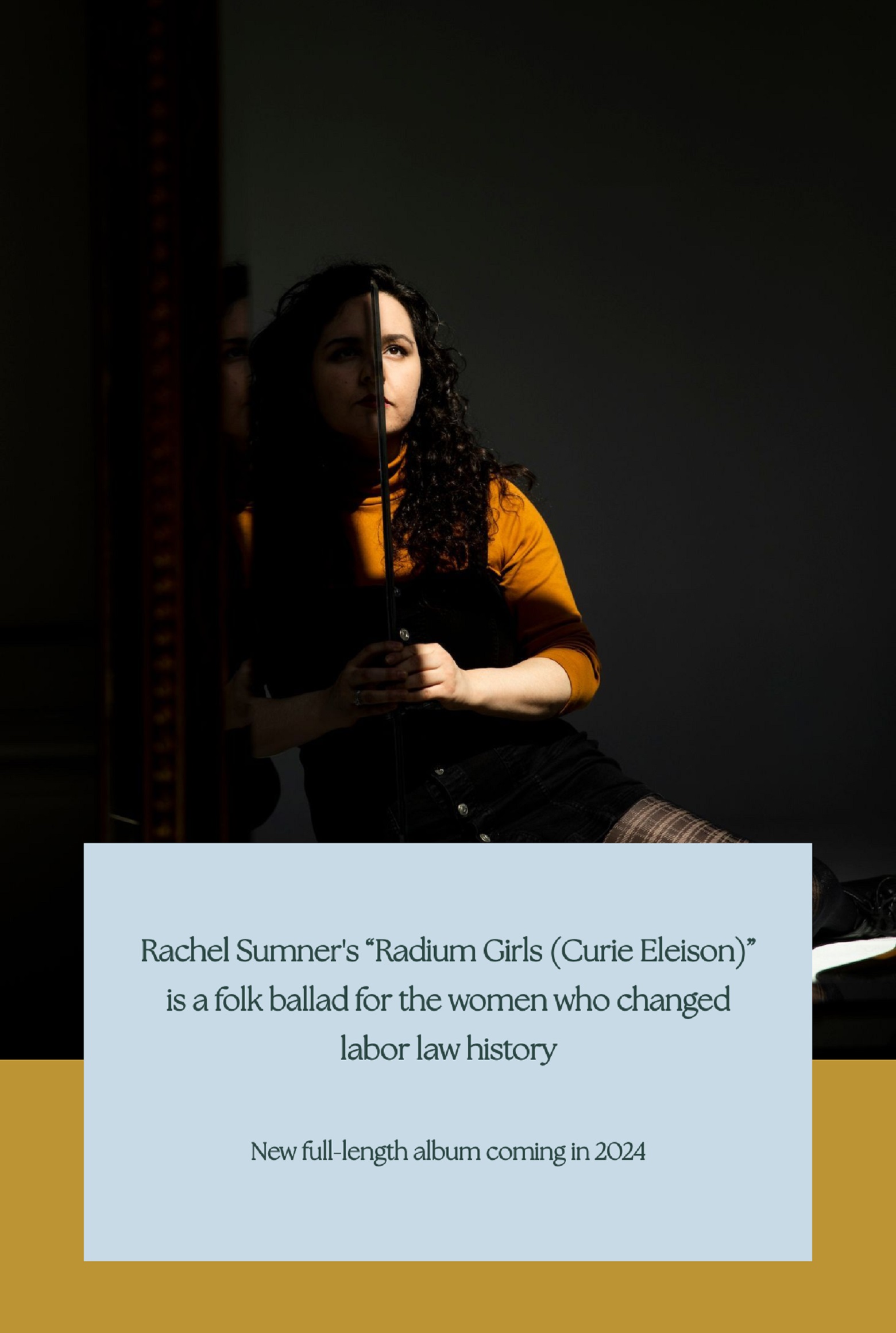With a busy past few years, Texas-based John Baumann has steadily established himself as a promising songwriter within his home state and beyond its borders. Set for release on June 5, Baumann’s third album, Country Shade, offers a tried-and-true reverence for his influences, with his distinct viewpoint—largely focusing on comings and goings: of rural landscapes, friends, loved ones, relationships. Time.
Recorded at Modern Electric in Fort Worth, Texas, the 12 songs on Country Shade follow two primary narratives: the changing state of rural America, and changes in relationships. While both arcs find their writer taking a deeper look, the album is not all heavy by any means. “Next Ride Around the Sun,” the album’s first single, features a mellotron, for example.
“The song was born from an appreciation for the here and now,” Baumann told Billboard of the song, out today. “I remember talking with my father-in-law one night and him saying, ‘enjoy every second.’ He seemed so earnest and genuine when he was saying it to me. And it stuck. It’s truly apropos to the time we’re living in, but it’s an ethos that we should heed all the time.”
A steady-picked acoustic guitar accompanies the introduction to the album: “The Country Doesn’t Sound the Same,” a true-to-life account of changing scenery and soundtrack. “Fool’s Crusade” is extravagant in its examples of love—slaying a dragon, taming a beast, tearing down walls—but, that is what unconditional love is, after all. “Daylight’s Burning” and “If You Really Love Someone” focus on the other side of things, the end of romantic relationships, from some that seem all-consuming and others that can take quite a while to finally tie up their loose ends.
“Sunday Morning Going Up” is a play on Kris Kristofferson’s “Sunday Morning Coming Down,” with an emphasis on celebrating hard work, enjoying the here and now, and appreciating what you have. “Homesick for the Heartland” recalls a sunny summer day with the windows down, full of innocence and nostalgia.
“Flight Anxiety” offers a dizzying account of -- well, exactly what it sounds like. “Here Today, Gone Tomorrow” is a call for apologies when they’re necessary, echoing the album-wide importance of appreciating loved ones when you can and never leaving problems unresolved or a kind word left unsaid.
“Grandfather’s Grandson” bookends the album, cementing John’s place in the world as someone who values hard work, building a future and loving the places and people in the world that really matter.
Country Shade marks the continuation of an eventful few years—in 2017, Baumann released his acclaimed sophomore album, Proving Grounds, and Kenny Chesney recorded “Gulf Moon” for 2018’s Songs for the Saints. Baumann is a member of The Panhandlers, with fellow Texans Josh Abbott, William Clark Green and Cleto Cordero, and recently signed on with The Next Waltz, the Texas-based brainchild of legendary songwriter Bruce Robison, for management.






